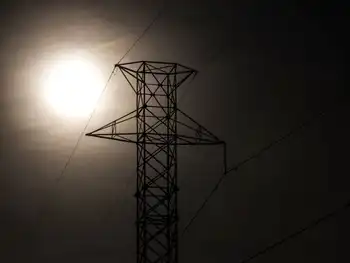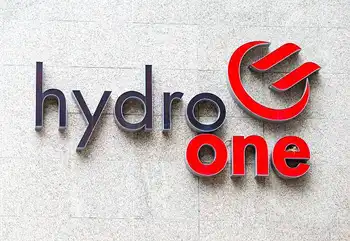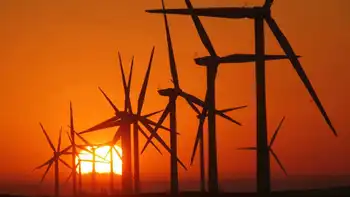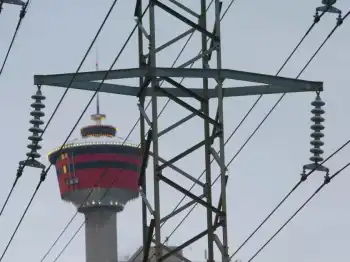Energy chief doles $1.2 billion in stimulus cash
Much of the money will be distributed among the Energy Department's national laboratories, including Brookhaven National Laboratory on eastern Long Island, where Chu made the announcement.
"These projects not only provide critically needed short-term economic relief but also represent a strategic investment in our nation's future," said Chu, a Nobel Prize-winning physicist who joined President Barack Obama's Cabinet after serving as director of the Lawrence Berkeley National Laboratory since 2004.
The Energy Department runs 17 national laboratories and supports researchers at more than 300 colleges and universities.
The department will use $277 million to help establish "Energy Frontier Research Centers," which are intended to advance research into alternative energy sources.
Brookhaven will receive $184 million in stimulus money, including $150 million to build a light source that aims to create the brightest X-ray source in the world.
The project, called National Synchrotron Light Source II, would produce X-rays about 10,000 times brighter than an existing version at the lab, used by about 2,100 researchers a year. Scientists hope the new version would yield breakthroughs in disciplines including biology, medicine, chemistry, environmental sciences and physics.
The DOE's Office of Science will get $330 million to distribute for projects involving more than 20,000 researchers.
The spending also includes $123 million for construction, modernization and decommissioning of facilities at Oak Ridge National Laboratory in Oak Ridge, Tenn., Berkeley National Laboratory in Berkeley, Calif., as well as Brookhaven. Another $65 million will go to speed up construction of an electron beam research facility at Thomas Jefferson National Accelerator Facility in Newport News, Va.
Congress approved $1.6 billion in stimulus funding for the Department of Energy. Officials said they are working on details to distribute the remaining $371 million.
Related News
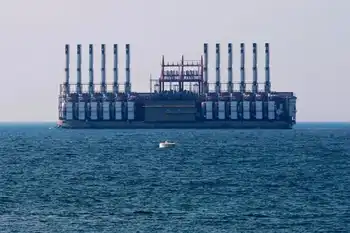
A goodwill gesture over electricity sows discord in Lebanon
BEIRUT - It was supposed to be a goodwill gesture from an energy company in Turkey.
This summer, the Karadeniz Energy Group lent Lebanon a floating power station to generate electricity at below-market rates to help ease the strain on the country's woefully undermaintained power sector.
Instead, the barge's arrival opened a Pandora's box of partisan mudslinging in a country hobbled by political sectarianism and dysfunction.
There have been rows over where it should dock, how to allocate its 235 megawatts of power, and even what to call the barge.
It has even driven a wedge between Lebanon's two dominant parties among Shiite Muslims:…

